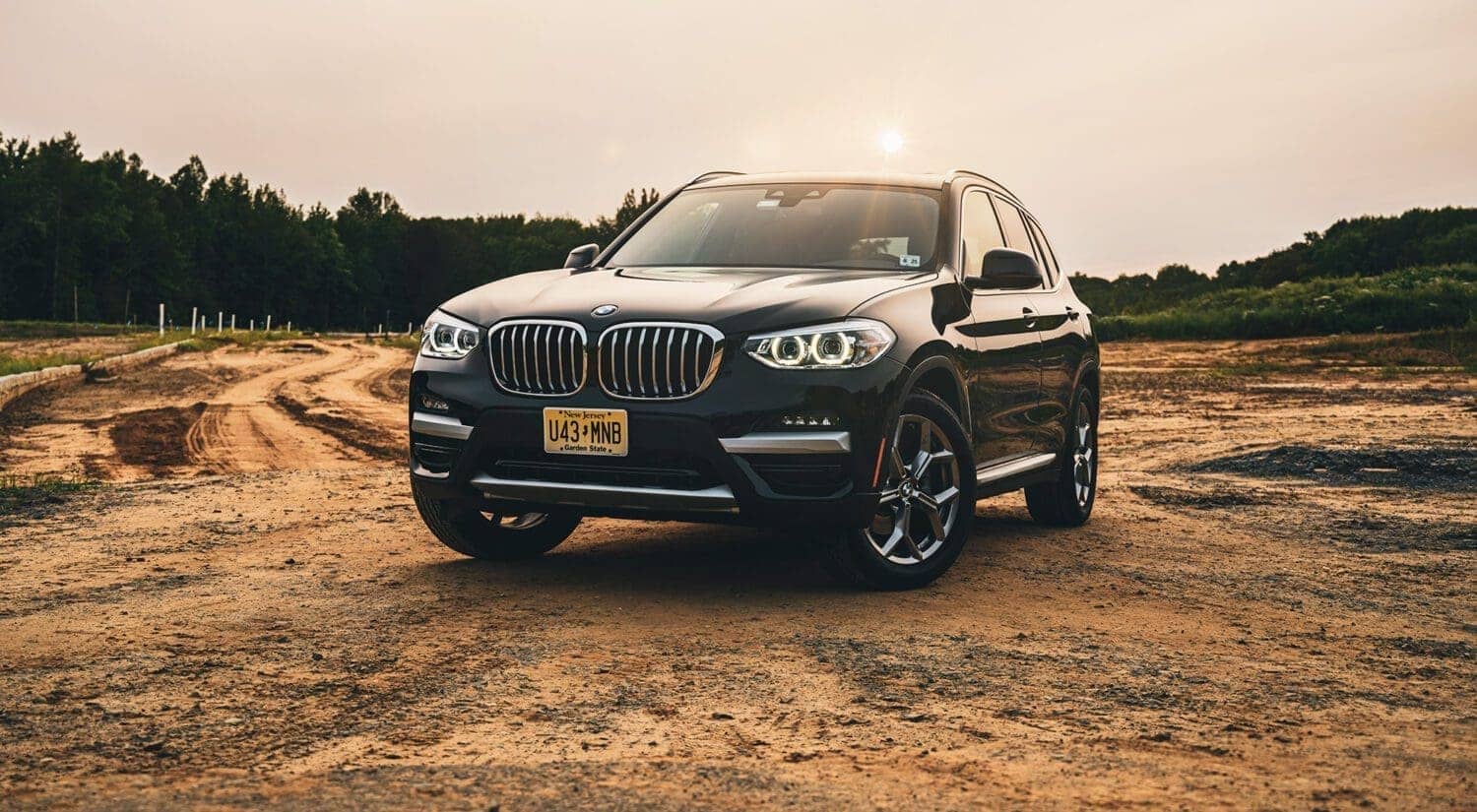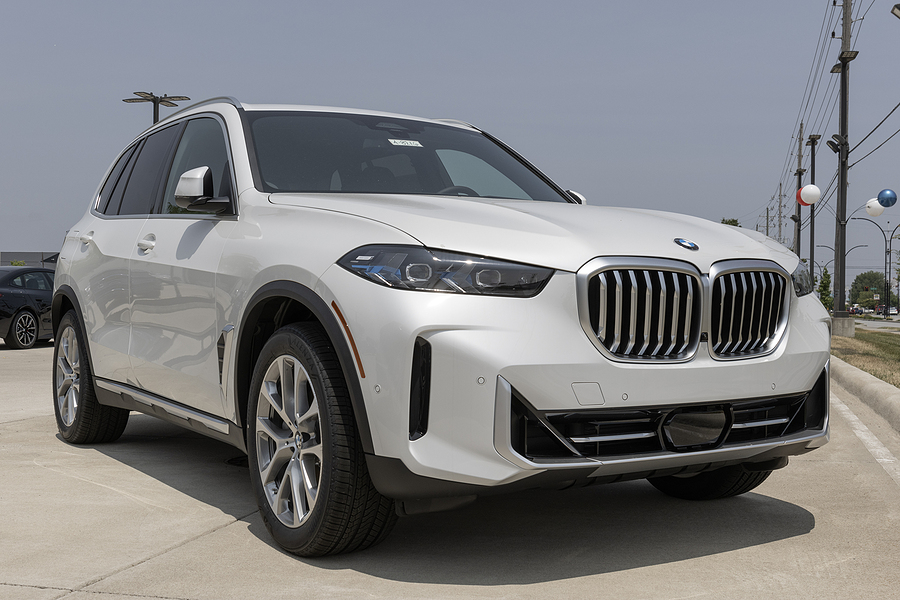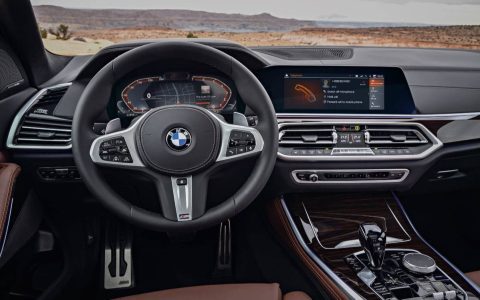Selecting a BMW i3, often called the "cube," requires careful evaluation. Prioritize these key factors for an informed decision.
Key Powertrain Considerations
Choose between BEV and REx: Battery Electric Vehicle (BEV) models offer pure electric driving. Range Extender (REx) versions include a small gasoline engine acting as a generator for extended range, but add complexity and maintenance.
Assess Battery Capacity: Later models (post-2017) feature larger batteries (94Ah, 120Ah). Verify real-world range aligns with your daily needs. Older 60Ah batteries may significantly compromise range.

Critical Ownership Factors
Battery Health Report: Obtain a comprehensive battery State of Health (SoH) report using BMW diagnostics. Degradation over 20% impacts range and resale value.
Service Records Scrutiny: Review complete maintenance history. For REx models, confirm regular engine oil changes. Check for recalls and warranty status.
Structural Inspection: Examine the Carbon Fiber Reinforced Plastic (CFRP) passenger cell for cracks or significant damage. Assess unique components like the "suicide doors" for smooth operation.
- Charging Compatibility: Verify included charging cable specs match your home setup. DC Fast Charge capability requires the SAE Combo option.
- Tire Cost & Availability: Factor in the expense of specialized, narrow tires and reduced lifespan.
Financial Evaluation
Depreciation Reality: While attractive used, expect higher depreciation than conventional BMW models. Compare pricing against similar-range EVs.
Total Ownership Costs: Calculate insurance premiums, charging expenses, and potential high-voltage component repairs post-warranty.

Test Drive Imperatives: Evaluate regenerative braking behavior, suspension noise, and the REx engine operation (if applicable). Listen for unusual sounds from the electric motor.





